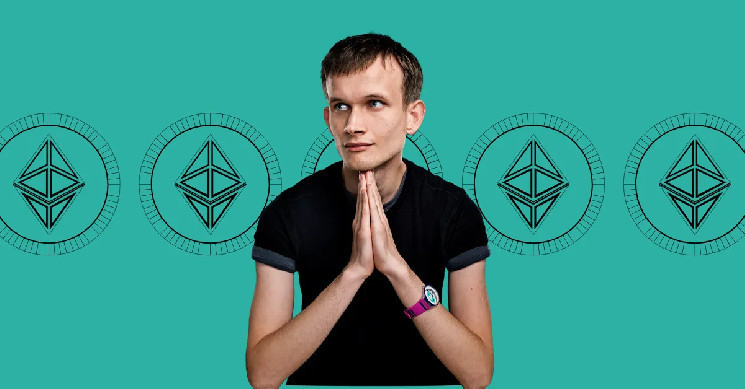Ethereum is facing a big issue. Too many of its computer servers, known as nodes, are run by a few big companies. This goes against the idea of decentralization that blockchain aims for. Vitalik Buterin, Ethereum’s co-founder, recently took center stage at Korea Blockchain Week to address this issue.
The Issue: Too Many Eggs in One Basket
Right now, big service providers like Amazon host more than 5900 of Ethereum’s nodes. This is risky because if Amazon has a problem, Ethereum could too. Buterin says it’s crucial to make it easier and cheaper for regular people to run these nodes.
Vitalik Buterin's concerns about node centralization on Ethereum are valid and highlight a critical issue in the blockchain space. Centralization of nodes on services like AWS could potentially make the network more vulnerable to outages and censorship. The timeline of up to 20…
— Crypto Simon (@TheCryptoSimon) September 5, 2023
Stateless Clients: The Linchpin of Decentralization
Buterin introduced what could be a game-changing concept: statelessness. As it stands, running an Ethereum node demands hundreds of gigabytes of data storage. Stateless clients propose to upend this by radically reducing the resource requirements. This shift would not only encourage individual participation but could also fortify Ethereum against centralization risks.
A Glimpse into ‘The Verge’ and ‘The Purge’
Buterin is known for his long-view approach, and he did not disappoint. Unveiling stages with names straight out of a sci-fi novel—“The Verge” and “The Purge”—he described how statelessness will be incrementally introduced into Ethereum’s ecosystem. While this solution is not imminent, its phased rollout demonstrates a commitment to thoroughness and rigor. But he warns it could take years, maybe even decades, to solve this completely.
Buterin was quick to clarify that tackling node centralization is just one piece of a larger puzzle. He stressed the need for improved documentation, simplified staking procedures, and robust security mechanisms—all aimed at creating a more inclusive and resilient network.
Scalability: The Ever-Present Challenge
As if confronting centralization weren’t enough, Buterin reiterated that scalability remains Ethereum’s most pressing issue. He cited zero-knowledge (ZK) rollups, a technology designed to move computations off-chain, as a pivotal element in resolving Ethereum’s throughput bottlenecks.
To round off a week of compelling developments, Buterin also made some notable transfers of Ether and Maker tokens. These financial maneuvers have stirred speculation, adding yet another layer to the complex narrative surrounding Ethereum’s future.
While immediate solutions may be elusive, the groundwork laid at Korea Blockchain Week reflects a depth of understanding and a commitment to long-term viability. Ethereum, it appears, is positioning itself not as a mere participant but as a leader in the decentralization revolution.
 coinpedia.org
coinpedia.org
